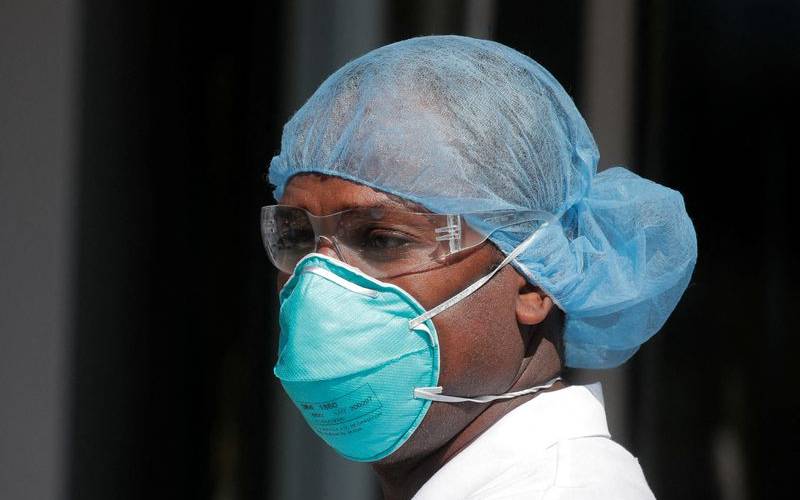Lorem ipsum dolor sit amet adipisicing elit. Sapiente fuga nisi rerum iusto intro.
Lorem ipsum dolor sit amet adipisicing elit. Sapiente fuga nisi rerum iusto intro.


November is globally recognized as Men’s Health Awareness Month, a time to reflect on the unique health challenges men face and the importance of proactive care. Despite growing awareness, many men remain hesitant to address their health concerns, often due to societal norms and stigmas.
This reluctance can have serious consequences, as some of the most prevalent health issues often go undiagnosed until they reach critical stages. As we mark this important month, let us take a moment to understand these conditions and how to manage them.
One of the most pressing yet overlooked aspects of men’s health is mental well-being. Depression, anxiety, and suicide disproportionately affect men worldwide. In fact, men account for nearly 75 per cent of suicides globally, with stress, social isolation, and untreated mental health issues being the primary contributors.
However, many men still struggle to express their emotions or seek help, often due to cultural pressures to appear strong and stoic. Breaking this cycle requires open communication and the normalization of mental health discussions.
Talking to a trusted friend, family member, or therapist can provide relief and support. Additionally, lifestyle changes such as regular exercise, a balanced diet, and sufficient sleep can significantly enhance mental resilience. Finding a hobby or a community group can also help ease loneliness and stress.
Another critical health concern for men is cancer, particularly prostate and testicular cancer. Prostate cancer is the second most common cancer among men globally and often develops silently. Testicular cancer, though less common, primarily affects younger men between the ages of 15 and 35.
The good news is that both cancers have high survival rates when detected early. Regular screenings are essential, especially for men with a family history of these conditions. For prostate cancer, a simple prostate-specific antigen (PSA) test can help detect early signs. For testicular cancer, self-examinations are a crucial tool for identifying lumps or abnormalities.
Maintaining a healthy lifestyle also reduces cancer risks. Eating a diet rich in fruits, vegetables, and lean proteins, exercising regularly, and avoiding smoking or excessive alcohol consumption are all effective preventive measures. Awareness initiatives like ‘Movember’ help spark conversations about these diseases, ensuring that men stay informed and vigilant.
Heart disease, the leading cause of death among men worldwide, is another major concern. This condition is often the result of a combination of factors, including high blood pressure, high cholesterol, obesity, smoking, and a sedentary lifestyle. Stress and unhealthy dietary habits further contribute to the problem.
Fortunately, heart disease is largely preventable with the right measures. Regular health check-ups are crucial for monitoring blood pressure, cholesterol, and blood sugar levels. Early detection of any abnormalities can make a significant difference.
Adopting a heart-healthy diet is equally important—cutting back on salt, trans fats, and processed foods while incorporating whole grains, fruits, vegetables, nuts, and oily fish can greatly improve cardiovascular health.
Physical activity is another cornerstone of heart disease prevention. Just 150 minutes of moderate exercise per week can strengthen the heart and improve circulation. Managing stress through mindfulness practices, yoga, or simply setting aside time to relax can also protect the heart. For smokers, quitting is perhaps the single most impactful step toward better cardiovascular health.
Proactive care is the key to addressing these health risks and improving overall well-being. Men should schedule regular check-ups, embrace healthy habits, and educate themselves about the conditions they are most vulnerable to.
Men’s Health Awareness Month serves as a powerful reminder of the importance of preventive care and early intervention. Whether it’s seeking help for mental health struggles, getting screened for cancer, or adopting heart-healthy lifestyle changes, small steps can lead to lasting benefits. By taking charge of their health today, men can pave the way for a longer, healthier, and more fulfilling life.

To personalise content, tailor ads and provide best user experience, we use cookies. By using our site, you agree to use our cookies. Privacy Policy
Subscribe to our newsletter and stay updated on the latest developments and special offers!



